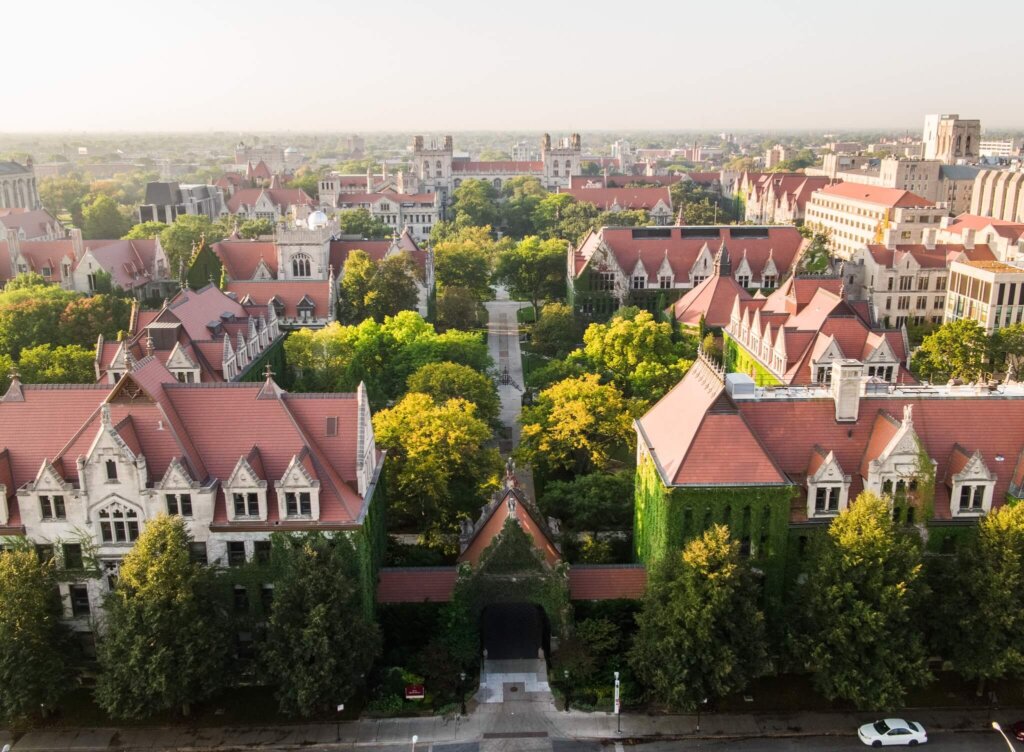Guide to Postgraduate Applications • Postgraduate
What Admissions Officers Want: 6 Things Beyond GRE/GMAT Scores
POSTED ON 04/17/2023 BY tripti singh

Think your GRE/GMAT scores are the only things that matter in your postgraduate application? Well, think again. After helping thousands of applicants secure admission to some of the world’s most prestigious graduate schools and master’s programmes, I assure you that admissions officers are looking for more. While academic credentials are undoubtedly the most crucial factor in the admissions process, your uniqueness directly relates to the contribution you will make to a master’s or PhD programme.
Apart from GRE/GMAT scores, here are six things that graduate school admissions officers look for in your postgraduate application:
1) Admissions officers look for your passion towards the subject:
More than just studying a subject at the undergraduate level, you must demonstrate your passion for the course. In my experience as a postgraduate counsellor, I’ve learnt that universities feel that you are passionate about your academic interests when you’ve pursued them beyond the classroom. For instance, if you are enthusiastic about engineering, having a GitHub account showcasing your projects can demonstrate to graduate school admission officers that you are a learner and a creator.
2) Admissions officers look for your commitment to the community:
As a postgraduate admissions counsellor, I’ve noticed that graduate schools offer admission to applicants who actively utilise campus resources and contribute to the student experience. Therefore, it is essential to identify activities that interest you and demonstrate why you wish to explore them, even if they aren’t associated with your area of specialisation. For instance, if you want to pursue a master’s in financial engineering and enjoy hip-hop, don’t hesitate to highlight your desire to join a dance club. Your interest in campus clubs and communities showcases your diverse interests and willingness to collaborate and contribute.
3) Admissions officers look for your ability to cope with academic rigour:
Meeting the university’s average or minimum GPA score or excelling is not enough. As an applicant, you need to convince admissions officers that you will thrive in the academically rigorous environment of a programme. For example, a medical student applying for a Master’s in Public Health (MPH) must pitch convincingly. Simply saying, “I’m not keen on pursuing medicine is not enough. Applicants should showcase their ability to excel and thrive, despite good grades.
4) Admissions officers look for your soft skills:
Admissions officers often mention that while evaluating applicants, they look for soft skills, such as leadership, proactivity, collaboration, and adaptability. Your campus, off-campus and work-related experiences reflect these skills. For instance, highlighting your strong teamwork skills can give you a significant advantage as a data science candidate.
5) Admissions officers look for your foresight regarding goals:
Having clear goals and understanding the job market is essential for postgraduate applications. Even if your plans change, showing foresight by having a defined path to your dream career is essential. For instance, if you’re applying for a Master’s in Finance, highlighting a specific goal in impact investing will increase your chances of being accepted instead of portraying multiple options.
6) Admissions officers look for your awareness about yourself and the industry:
To make an impression on admissions officers and faculty members during an interview, you should demonstrate your knowledge of industry trends and reveal insights about yourself. For example, if you’re applying for economics, you can showcase your critical and analytical skills by discussing how the collapse of a single bank can impact the entire banking ecosystem.
Resumes, essays, and recommendation letters can reveal the qualities that graduate schools seek in candidates. As an experienced counsellor, I recommend you spend ample time on each application component. Here are seven things I’ve learnt from past admissions cycles. You may also want to read about how to put together a master’s application. If you have further questions on how to go about the postgraduate application process, do get in touch for further assistance.





